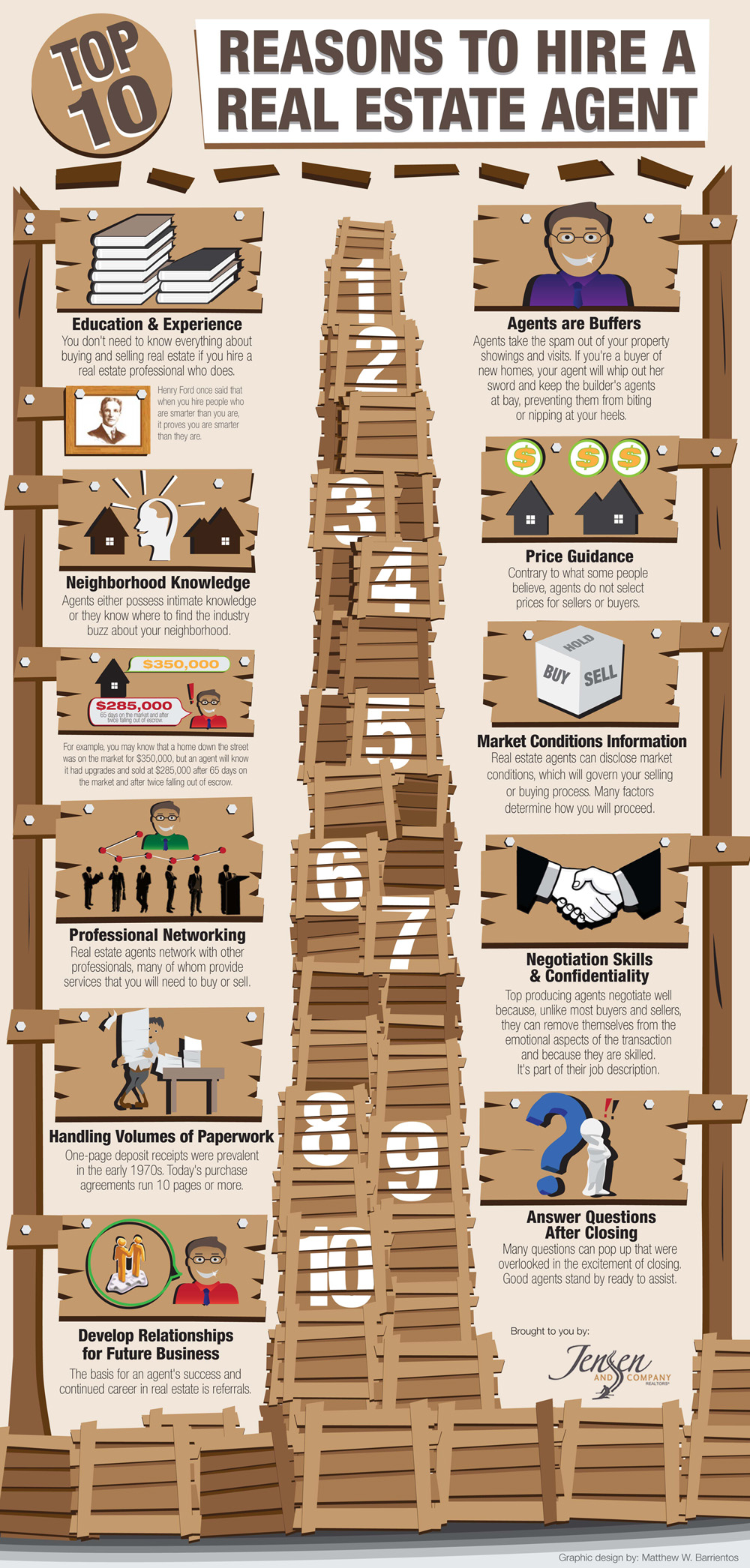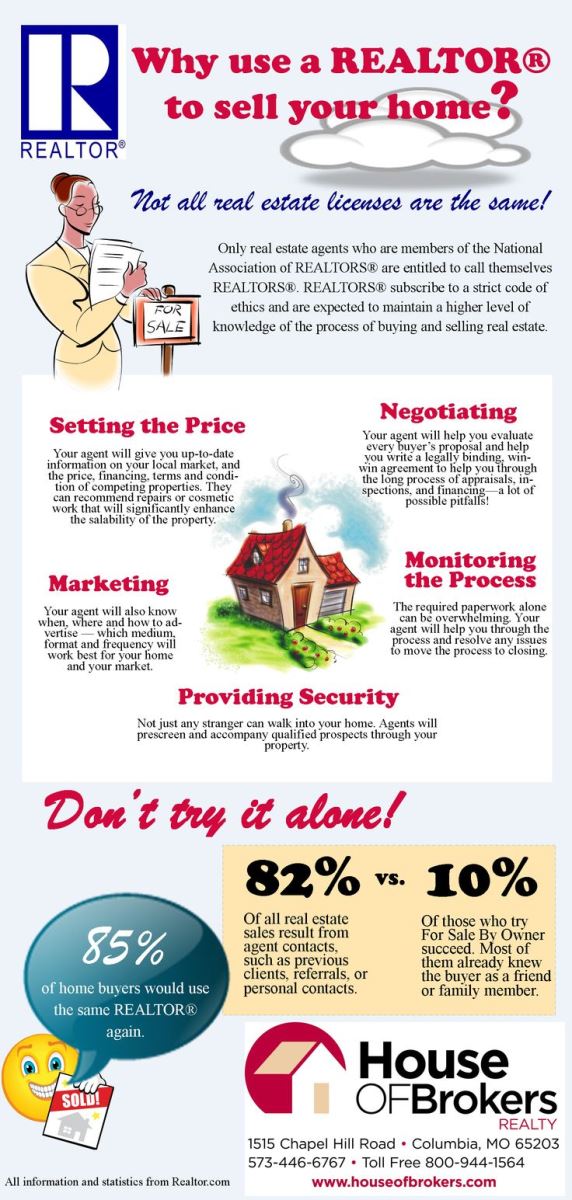Reasons why your home may not be flying off the Market!
1. The House is Overpriced
This is usually the number one reason a home won’t sell. An overpriced home just isn’t a practical investment for most home buyers. As should’ve been revealed in the comparative market analysis (CMA), what other, comparable homes have recently sold for should give you a good estimation of a reasonable selling price for the listing in question.
If the seller is standing in the way or insists on a higher selling price due to his/her emotional attachment to the home, try to help him/her be more objective regarding the true value of the property.
2. Buyers Market
If the current market is a buyer’s market, meaning there are a lot of homes on the market to choose from, then the home may not be selling due to tough competition. If it’s a possibility, you may decide to take the home off the market and wait for inventory to drop.
3. The House is Overly Personalized
You want buyers to imagine themselves living in the home, so make sure your clients remove or store their personal items. It’s rare that a buyer will have the same taste as the seller, so making the house as neutral as possible is your best bet. Making the house less cluttered and more tidy will also make buyers feel more comfortable in the home.
4. Sellers must be Flexible
If you are having difficulty with your clients, it may be time to sit them down for a chat. Some sellers are inflexible with showing times and don’t make their homes as accessible and available as possible. With these clients, you need to reinforce that their lack of flexibility will result in their home spending a longer time on the market, and the longer a home is on the market, the lower the selling price will be. Furthermore, reinforce that if the house doesn’t get shown, it won’t get sold.
5. Location
Unfortunately, you can’t do much about this. Real estate really is about location, location, location, and if the property isn’t in a good spot, it may take a while to sell. Make sure the sellers know how important it is for a home to have good, inviting curb appeal, even if the location is not ideal.
6.. The House is in Need of Some TLC
If it’s obvious to the naked eye that the home needs some TLC, it won’t sell very quickly—if at all. Encourage sellers to give their property a facelift by doing small things like repainting certain rooms, making small repairs, replacing fixtures, and doing some landscaping. Buyers interested in fixer-uppers are few and far between these days, and two-income families want to spend the weekend relaxing, not repairing.
7. The House Smells Bad
This may seem like more of a cosmetic issue, but you’d be surprised how many potential buyers are turned off to a home because of a bad smell. Whether the sellers forget to take out the trash, have pets, or are smokers, they need to make sure their home smells spiffy when it comes time to show. Recommend that sellers get a professional cleaning done before any showings are scheduled, and, if necessary, to have carpet cleaning and furniture cleaning performed as well.










